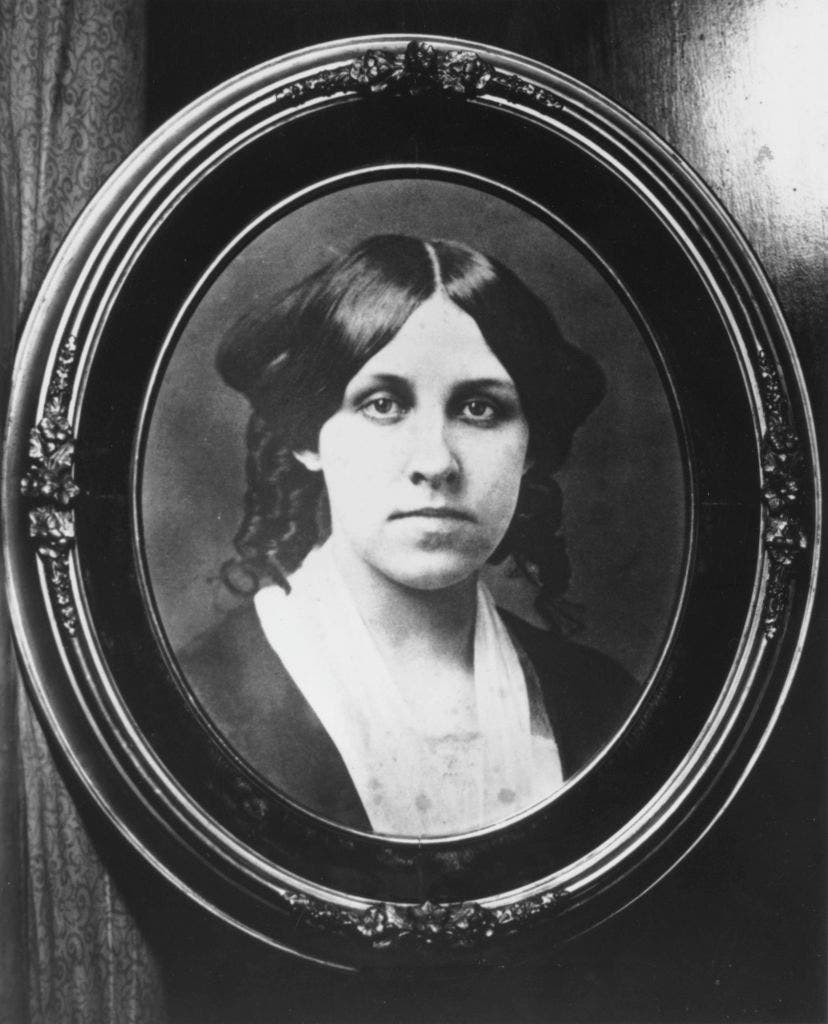Most American children have been on high alert for many, many months due to infectious-disease and its far-reaching impacts.
As a result, some are already struggling with anxiety and worry, according to doctors and psychologists Fox News Digital consulted.
RUSSIA-UKRAINE TENSIONS: HOW FAMILIES AND KIDS CAN KEEP CALM AND CARRY ON
As Russia invades Ukraine and American parents and families watch the details play out on television, now is the time to “keep kids calm,” advised Dr. Meg Meeker, a pediatrician, author and creator of the Parenting Great Kids series.

A grandfather huggs his young grandkids. Dr. Meg Meeker explains, "Many parents (or grandparents) fall into the trap of overspeaking, of giving too much information that kids can’t handle or understand" when it comes to situations such as war or tragedies, she notes.
(iStock)
“I’ve had to talk with kids of all ages (or coach parents) about war or national tragedies,” said Dr. Meeker.
In the interest of trying to be helpful and offer reassurance where needed, here’s some of the advice she shared for parents given the unfolding events in Europe.
Consider the age of the child. If a child is under 7-8, don’t say anything unless the child asks, advises Dr. Meeker.
“Kids can’t process issues that are this complex — and they begin to worry that their mom or dad might die.”

A pediatrician and author who spoke to Fox News Digital notes that "kids can’t process issues that are this complex."
(iStock)
Keep dialogue simple. If a child is 8-11-ish, he or she will probably hear about what’s going on from the news or at school — “so you may need to have a discussion,” said Dr. Meeker.
Suggestions for any discussion that does happen: “Keep the dialogue very simple,” said Dr. Meeker. “State who is fighting whom and (very basically) why.”
“When kids see war scenes or hear about war repeatedly, they are traumatized,” said Dr. Meeker.
She explains: “Many parents fall into the trap of overspeaking, of giving too much information that kids can’t handle or understand. So reassure them that the war will not come here — again, they worry about their lives and their parents’ lives more than the lives of others fighting.”
Added Dr. Meeker, “Tell them that wars have been fought for many years. If they ask questions, answer the questions but keep it simple. Remember, they can’t process complex situations as adults can.”
Keep news on television for a short time. “When kids see war scenes or hear about war repeatedly, they are traumatized,” said Dr. Meeker. The situation can also be magnified in their minds, she said.

A mother and daughter are shown sitting on a sofa watching TV. Situations such as the invasion of Ukraine can be magnified in children’s minds, Dr. Meg Meeker explained.
(iStock)
So, explain what is happening if the children are old enough (preteen-teen). If they are interested in political details, tell them — but don’t force it.
“Even though they can understand more than youngsters, they still worry,” said Dr. Meeker.
“So reassure them that now, this is not a war that will affect them. If it does later on, you’ll deal with it then,” she said.
Avoid political and divisive discussion. The reason for this advice? “They will go to school and parrot what their parents say about President Biden, etc. — and this will cause division no matter how old they are,” advised Dr. Meeker.
CLICK HERE TO GET THE FOX NEWS APP
Keep kids calm. Now is the time, she urged, to keep children calm and “reassure them that everything will be OK for them and their families.”
 Iktodaypk Latest international news, sport and comment
Iktodaypk Latest international news, sport and comment






